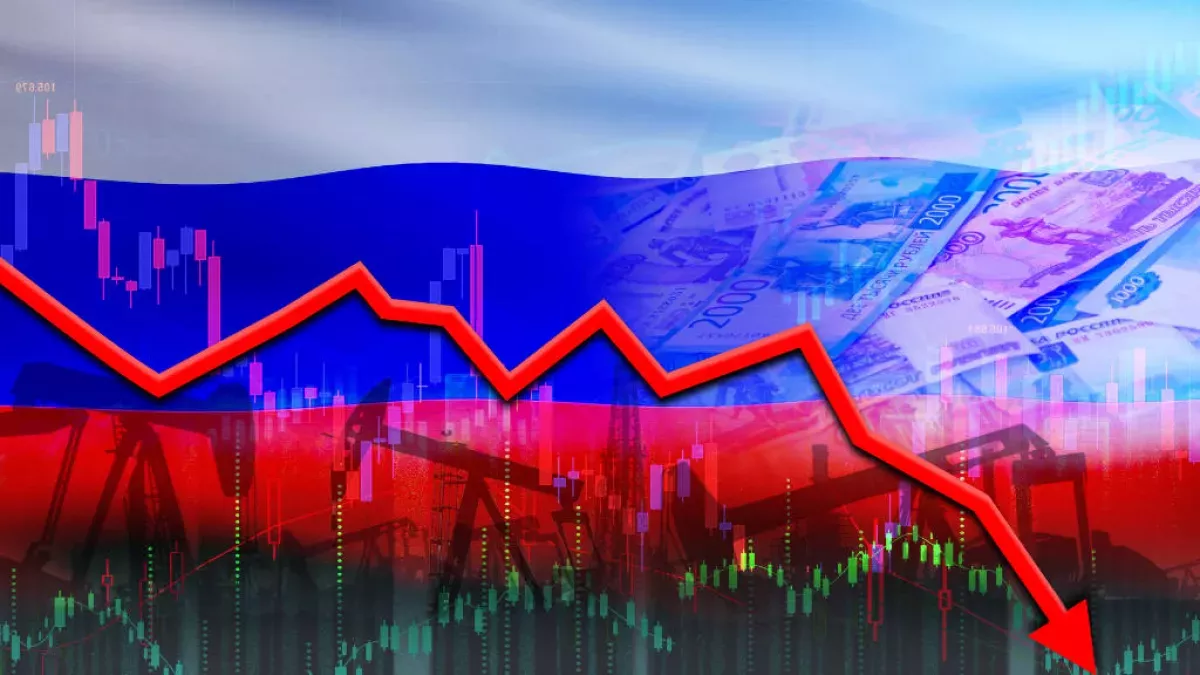Azerbaijan strengthens, Armenia balances, Georgia drifts Experts on Stratfor’s recent forecasts
The post-war settlement between Baku and Yerevan will lead to a historic strategic realignment in the South Caucasus, strengthening Azerbaijan’s role as an East–West transit hub and leaving Armenia vulnerable to internal unrest. This is one of the key points highlighted in the forecast of the analytical centre Stratfor.
According to the report, Armenia will continue its gradual pivot to the West, including the signing of a new partnership agenda with the European Union. Bilateral trade with Russia will decline, but deep structural ties in agriculture, energy, and labour migration will remain—links that Moscow will be able to exploit.

With security ties to Russia weakening and only limited support from the West, Armenia will remain vulnerable to Azerbaijan if bilateral relations deteriorate. In the context of a peace agreement with Baku, Armenia’s internal sensitivity over constitutional reforms aimed at “reassuring” Azerbaijan could trigger political tensions, making prolonged protest movements likely.
According to the forecast, Azerbaijan will act from the position of a regional power, leveraging its role as an energy and logistics hub while distancing itself from Russia without severing economic ties. The growth of Azerbaijan’s regional role will be driven by increasing trade volumes along the Middle Corridor and the expansion of gas exports to the European Union.
Stratfor also believes that after the local self-government elections in October, Georgia’s ruling party will accelerate the consolidation of authoritarian power, which could result in the suspension of the EU accession process and a deepening divide with the pro-Western part of the population. Tbilisi will continue to adhere to a policy of non-confrontational coexistence, even though Russia’s occupation of Georgia’s separatist regions will remain the main challenge to its national security.
How realistic are such forecasts regarding the future of the countries in our region? How can these probabilities be assessed for Azerbaijan, Georgia, and Armenia?
Well-known experts shared their views on this issue with Caliber.Az.

Irish political scientist and historian Patrick Walsh notes that predicting the future is extremely difficult, as both the world and the region remain in constant flux.
“The main variable, of course, is the United States, which is shifting from asserting global hegemony to acting as a player driven by national rather than global interests. This influences everything, as states are finding their place in a new multipolar world where the geopolitical centre is moving eastwards and Eurasian development is becoming a key factor. I believe that the South Caucasus will gradually distance itself from Russia, though not in the direction of the West. More likely, we will see a gravitational pull towards China,” the historian suggests.
According to him, Europe is experiencing a decline – demographic, economic, and political. The EU will no longer be as attractive as it once was.
“Nevertheless, Europe remains Armenia’s main hope and is undoubtedly very important for Pashinyan. Georgia, meanwhile, is deeply divided politically and could easily slip into instability.
As for Azerbaijan, it faces its own challenges, including the need for economic diversification. The energy situation itself is highly uncertain, as Trump has opposed net-zero policies and returned to supporting fossil fuels. All this is extremely unpredictable and will largely depend on the next three years of Trump’s presidency. I don’t think we can be certain about anything, even in the short term,” Walsh added.

Azerbaijani MP and political analyst Rasim Musabayov, in turn, stressed that it is difficult to make long-term forecasts – both for the region and for the world – given the growing turbulence and volatility in international relations, particularly in matters of security.
“Wherever security risks increase, democratic procedures tend to shrink.
I do not believe Russia’s influence in the region will grow, as Azerbaijan is to some extent distancing itself from Moscow. After all, it is precisely Russia’s behaviour, along with that of Iran, that has been one of the main sources of risks in the region. Similarly, Armenia, despite formally remaining an ally of Russia, also prefers to distance itself from it. I expect the withdrawal of Russian border guards to be next.
Most likely, the sharp increase in Armenia’s trade volumes with Russia will decline just as rapidly – either because of tighter controls against sanctions evasion, which would prevent Armenia from continuing its intermediary role, or because, if sanctions are lifted, there will no longer be any need for such mediation. And the normalisation of relations with Azerbaijan and Türkiye will make Armenia less dependent on Russia’s security umbrella,” the MP explained.
As for Georgia, he noted that openly pro-Western political forces are unlikely to regain power – at least not while they remain fragmented, relying more on noisy demonstrations than on acting as a genuine opposition to the authorities.
“The main issue is that they cannot act in a consolidated manner. This means that the regime shaped by Ivanishvili will continue to develop, though I do not believe it will transform into a pro-Russian government. Despite the tensions that exist between Georgia’s current leadership and Western institutions, there have been no moves to restore diplomatic relations with Russia or to resolve the issues of Abkhazia and South Ossetia based on Moscow’s preferred models.
Overall, I believe Russia’s influence in the region will continue to decline under any scenario—unless Western Europe and the United States were to hand over all the former Soviet republics to Moscow on a silver platter, which does not appear to be in the cards. Therefore, the evolution of the region towards vassal dependence on Russia has very slim prospects,” Musabayov observed.








